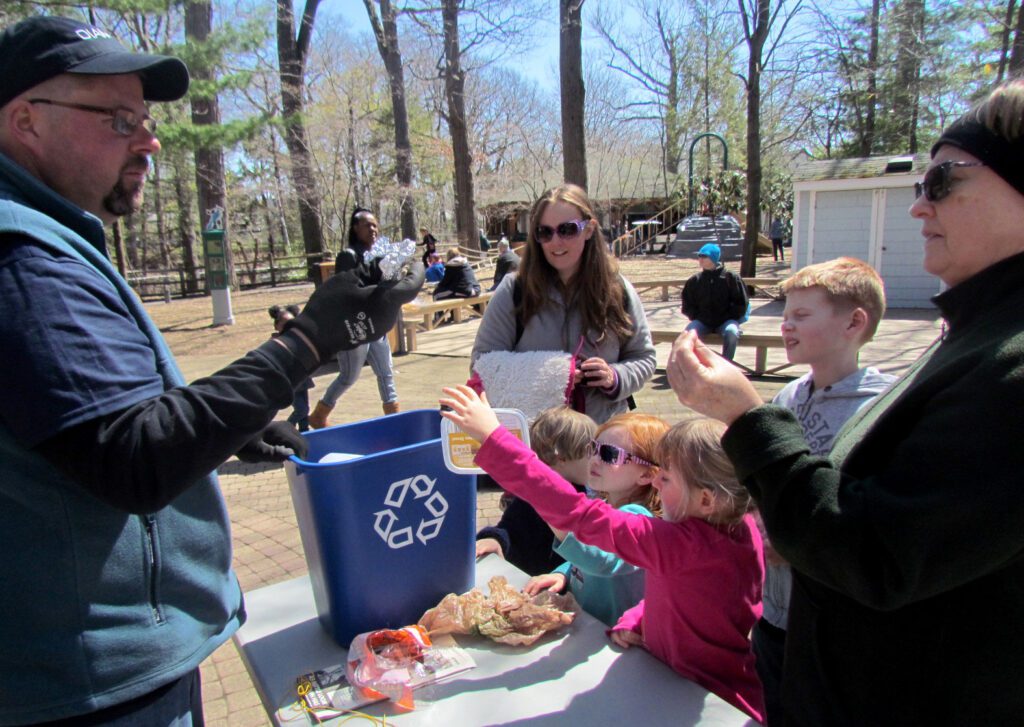April 20, 2018
Have you ever been inspired by the roar of a lion or the stealth of a snow leopard?
If you have ever made this type of powerful connection, you may have also felt yourself transition from excitement to complete helplessness. Learning about the perils of these amazing animals in their natural range, and wondering what you can do to help when you live on the other side of the world, can be completely deflating. But making an impact for species survival may be as simple as recycling or turning your heat down a couple degrees.
Join Seneca Park Zoo in our move towards sustainability. We recognize that everyone can make a difference for our planet by making some simple lifestyle adjustments.But how can recycling or turning your heat down here in Rochester help save animals as far away as Africa or Asia? Many species that face extinction in the near future face threats in their environment that we can help to alleviate.
By recycling your cardboard and paper, you can help reduce the amount of deforestation for tree-based products. Habitat destruction is often driven by the need for natural resources. Reusing these resources lowers the demand for new ones.
By turning your thermostat down a couple of degrees in the winter, you can help reduce your carbon footprint. Carbon dioxide and other heat-trapping gasses cause changes in our climate, which effect the ecosystem. Disruptions in ecosystems can wreak havoc for species, causing detrimental effects on their population numbers.On April 22, Seneca Park Zoo will be joining the rest of the planet in celebrating Earth Day. Staff, docents, volunteers, local partners, and guests will gather together in a joint effort to promote sustainability and caring for our natural world. Animal experiences and feedings will highlight the Zoo’s many inspiring animals, and how you can help to save their wild counterparts. People of all ages will be able to enjoy games and hands-on activities that will create a fun and meaningful learning experience, and a nature hike in lower Seneca Park will provide the opportunity to connect to nature. Diamond Packaging – our sponsor for Earth Day, and a zero-waste to landfill organization (yes, you read right – zero waste) – will demonstrate how you can work towards zero waste and sustainability. They will also be giving away tree saplings and Seneca Park Zoo’s own native western NY seed mix for a butterfly garden so that you can help plant and create important natural habitat.We hope that you join us for our Earth Day celebration, and in our move towards sustainability. Next time you visit the Zoo, stop by our ZooShop to find sustainable products such as no-container shampoo, bins that allow you to compost in your own kitchen, and a water pebble that helps you to save water. Check out your compostable straw and utensils next time you enjoy a meal from Eagle’s Landing Café or Crater Canteen. Watch our animal care staff compost animal waste. Take part in our citizen science programs like One Cubic Foot to learn about aquatic health and caring for our waterways. Help establish critical pollinator habitat by taking part in Butterfly Beltway. Speak to a Zoo Naturalist and ask for information on becoming an educated consumer, like purchasing sustainable seafood or products that contain sustainably sourced palm oil.
If we all work together to make some small changes, we can make a big difference for our planet and its amazing biodiversity. Use the list below to help you become empowered and take action to help save species from extinction!– Rhonda McDonald, Program Manager
- Recycle, Reduce, Reuse!
- Use educated consumerism – buy local products and follow the Seafood Watch Consumer Guide from the Monterey Bay Aquarium.
- Turn off lights when not in use. Replace old light bulbs with energy-efficient bulbs.
- Use proper trash receptacles for things that can’t be recycled.
- Carry reusable bags & water bottles.
- Avoid single-use plastics like straws, utensils, to-go drink lids.
- Walk, cycle, carpool, or take public transportation.
- Turn off taps and take shorter showers to save water.
- Unplug appliances (toaster, laptop etc.) when not in use.
- Turn off vehicles while waiting rather than idling.
- Turn your thermostat two degrees down in the winter, two degrees up in the summer.
- Avoid the dryer and hang your clothes to dry.
- Use rechargeable batteries.
- Eliminate Styrofoam – it doesn’t decompose!
- Compost!
- Eat one or more meatless meals a week, avoid red meats.
- Weatherize your house to prevent heat loss.
- Plant a tree or garden.
- Speak up – organize a campaign or event to educate others & raise awareness about conservation issues.
- Assist in a community recycling collection event.








